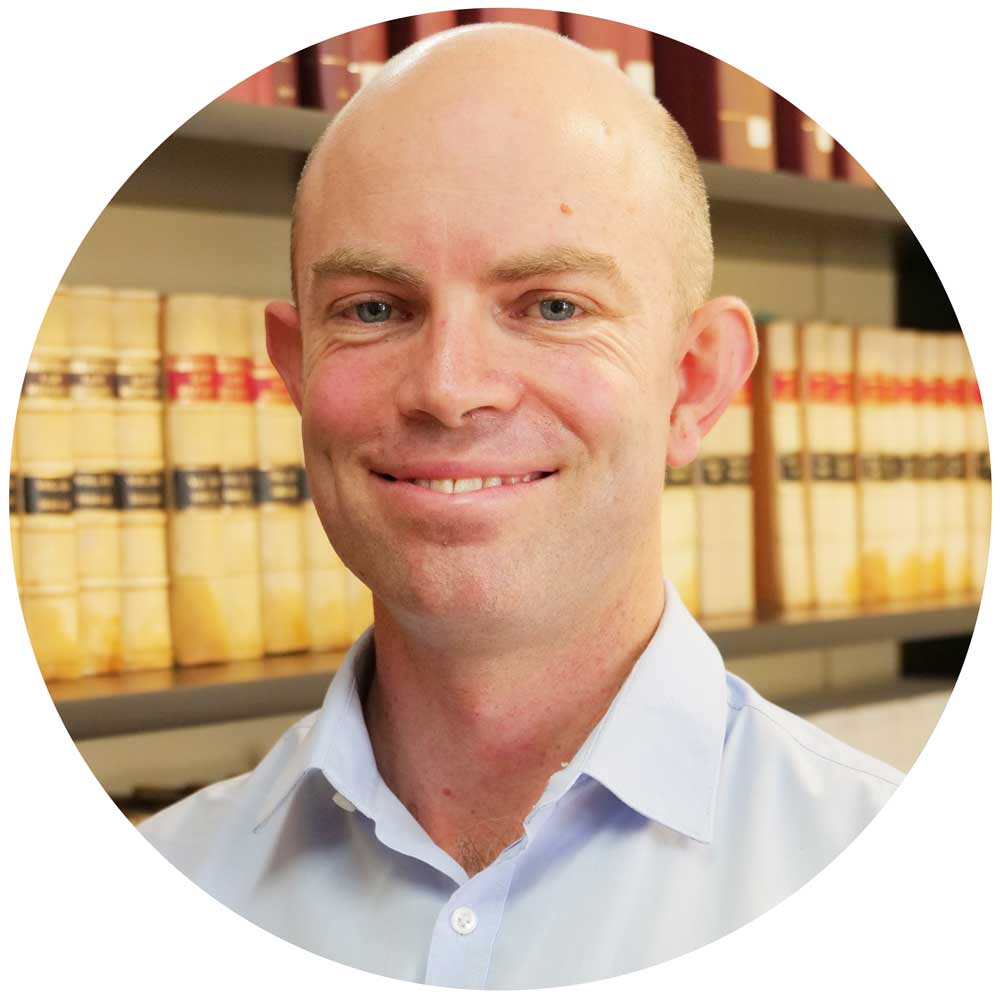WILLS &
ESTATE PLANNING
Make sure your loved ones are provided for. Have your Will prepared by our legal expert.
We will take you through the process of preparing your Will in a straightforward way, producing a document that is written in plain English, easy to understand and which fully represents your wishes.
We can also prepare, if required, associated documents such as a Power of Attorney, Enduring Guardianship and Testamentary Trust, protecting you and your assets and your family.
We can assist in relation to sorting out the legalities of a deceased’s financial affairs, including obtaining Probate or similar documents and helping executors (the person responsible to put the Will into effect) to finalise things. Probate is where the Supreme Court officially recognises the Will as valid and acknowledges the role of the person charged to administer the Will (the Executor).
Call us to arrange a confidential appointment to discuss your Will or your role as an Executor, today.
Telephone: (03) 6224 6777
Email us: TheFirm@fablawyers.net.au
Office: Level 2, 115 Collins Street, Hobart Tasmania 7000
Mailing Address: GPO Box 1951, Hobart Tasmania 7001

Richard Griggs
Partner
Richard joined FitzGerald and Browne in 2020 after working as an in-house lawyer for the University of Tasmania. His work now involves helping people successfully navigate the challenges of buying and selling property and also representing defendants in criminal law matters. He also assists clients with estate planning matters including preparing a Will, or administering a deceased estate.
Richard appreciates buying or selling a home or investment property is likely to be one of the largest investments or transactions of a lifetime. His priority is providing clear legal advice and high quality service to all clients in their property transactions.
In the criminal area, Richard has represented people in the Magistrates Court charged with a range of criminal offences. He ensures his clients receive good legal advice, time to consider their options and a fair hearing.
Outside of work hours, Richard volunteers in the role as spokesperson for Civil Liberties Australia and is an advocate for human rights.
NO WILL?
If you die without making a valid Will, State law determines how your assets are distributed. Unfortunately, this may not always be as you had intended.
In Tasmania, distribution of your assets where there is no Will is made under the Intestacy Act 2010 formula. If a deceased leaves no Will, somebody needs to apply to the Supreme Court for authority. This authority is called “Letters of Administration” and the person authorised is called the administrator. The duties of an administrator are similar to an executor and can include paying debts, collecting assets, finalising tax affairs and distributing the assets, but only in accordance with the Intestancy Act formula.
The administrator that the Court selects may not be the person you would have selected if you had made a Will. If you want to have your own arrangements put in place for after you die, you must have a Will.
